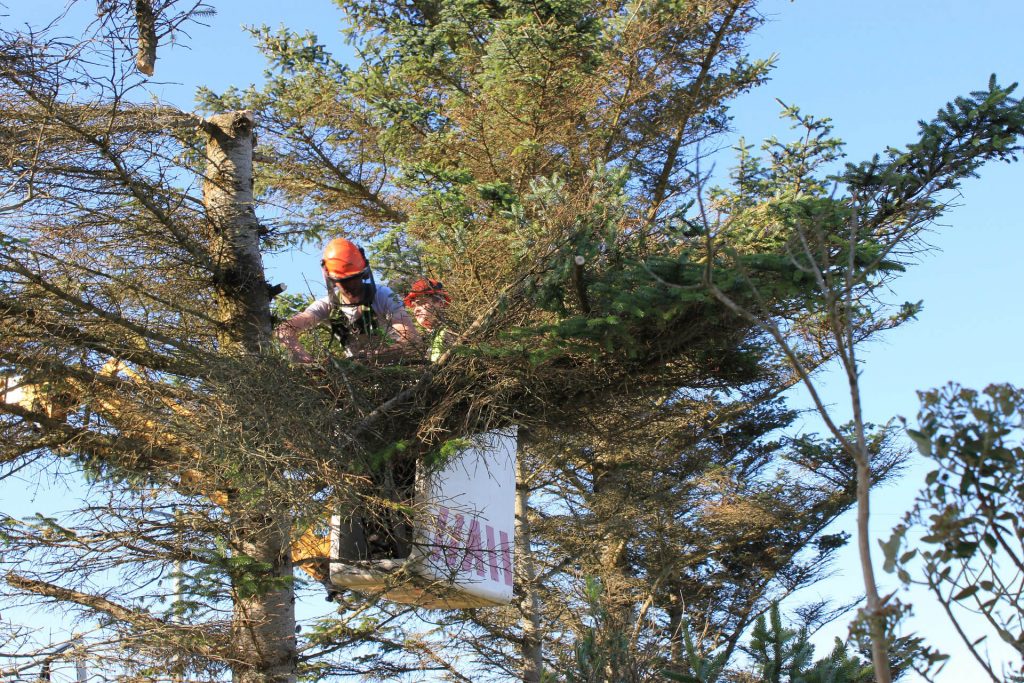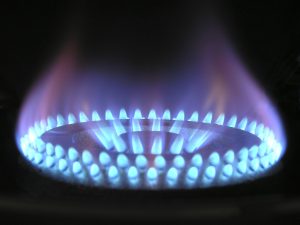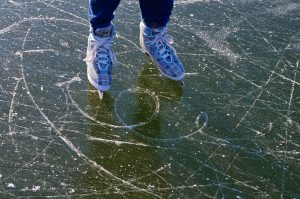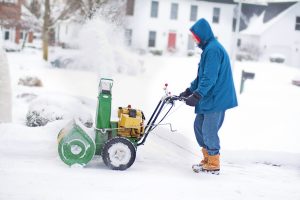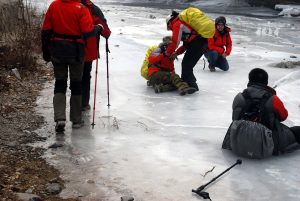Seven Summer Tree Removal Safety Tips To Remember Before You Start Cutting
Summer tree removal comes with risk. This Summer with folks all across America tired of Covid-19-related self-quarrantine, it’s especially important to take safety seriously as we collectively turn our attention to our lawns and landscape. If removing or pruning trees is part of your planned activities, here are seven tips to ensure you stay safe and don’t do more harm than good:
- Please refer to your town or city local guidelines and statutes regarding tree removal. Know beforehand, who is responsible for removing the tree, especially if you don’t own the property. Also, double-check if you need a permit.
- Invest in the proper safety apparatus, including a hard hat, safety glasses, face shield, heavy-duty gloves and sure-grip boots. And, don’t forget about hearing and leg protection if you’ll be using a chainsaw and/or chipper.
- Check and make sure all cutting and climbing equipment (e.g., safety harness, chainsaw, ladder, etc.) is in proper working order and that the work area if safe from potential falling limbs.
- Use extreme caution when cutting around power lines, especially if you’re removing an older or decayed tree as they can be unstable.
- Decide what you’re going to do about the stump before you cut. If you plan to remove the stump, know what’s underneath it in terms of buried electrical cables, gas or propane lines and sewer lines.
- Check your insurance policy if you’ll be making a claim. Not all providers cover preventative tree removal or removing fallen trees that didn’t result in property damage. Additionally, your auto insurance, not your homeowner’s policy, is more likely to be responsible for any auto damage resulting from a fallen tree or branch.
- If in doubt – call a pro. If you don’t want to go through the hassle of getting a permit or are worried about removing a tree precariously close to a power line or other structure, call a certified arborist. They can handle nearly any tree-related issue you might have, safely and securely.
We at Security Specialists Want You to Stay Safe This Summer!

